
Loss of appetite is a common issue that can be caused by a variety of factors such as illness, depression and anxiety, pregnancy, and more. It can be a symptom of a larger issue or a standalone problem. The lack of appetite can make it difficult to get the nutrients your body needs and can affect your overall health and well-being. Whether you are struggling with a temporary loss of appetite or a chronic condition, it is important to understand the causes and learn how to manage them.
In this article, we will delve into the topic of what to eat when you have no appetite. We will cover the causes of loss of appetite, provide tips on how to eat when you have no appetite, and offer suggestions for special considerations such as during sickness or pregnancy. Additionally, we will discuss how to seek medical help for your loss of appetite.
This article is intended to provide readers with accurate and detailed information on the topic, as well as practical tips and advice for managing the loss of appetite. So, if you’re looking for answers on what to eat when you have no appetite, you’ve come to the right place.
Causes of Loss of Appetite
A. Sickness:
- Common illnesses that can lead you to loss of appetite include the flu, colds, stomach viruses, and certain chronic conditions such as cancer and heart disease.
- When you’re sick, your body’s natural response is to conserve energy, which can lead to a loss of appetite. Additionally, certain medications and treatments can also affect appetite.
B. Depression and Anxiety:
- Depression and anxiety can lead to a loss of appetite due to changes in hormones and neurotransmitters in the brain. These conditions can also cause changes in taste and smell, which can affect a person’s desire to eat.
- It is important to address underlying mental health issues in order to manage the loss of appetite. This can include therapy, medication, and lifestyle changes.
C. Pregnancy:
- Pregnancy can affect appetite in a variety of ways. Some women may experience morning sickness or food aversions, while others may have an increased appetite.
- Special considerations for pregnant women with loss of appetite include the need to consume enough nutrients for both the mother and the growing baby. Pregnant women should consult with their healthcare provider to ensure they are getting the necessary nutrients.
What to Eat When You Have No Appetite
A. Foods that are easy to digest: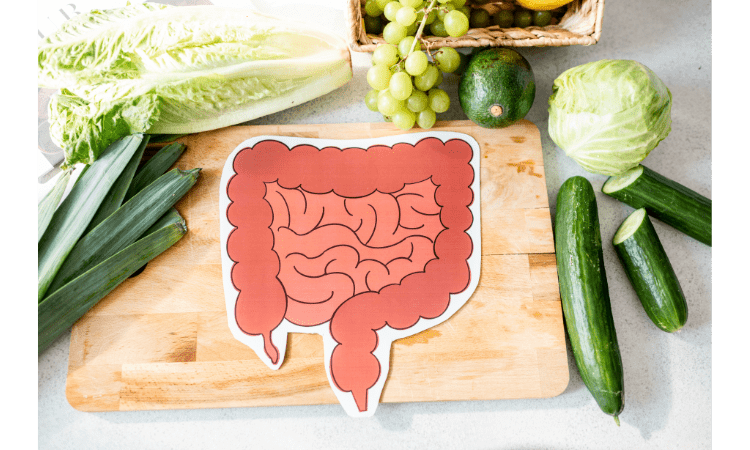
Small, frequent meals: Instead of three large meals, try eating smaller, more frequent meals throughout the day. This can help stimulate appetite and make it easier to eat when you have no appetite.
- Examples of easy-to-digest foods include cooked vegetables, fruits, yogurt, and cooked grains like rice and quinoa. These foods are easy on the stomach and can help improve appetite by providing a small but steady supply of nutrients.
- Some other examples of easy-to-digest foods include soup, smoothies, oatmeal, boiled eggs, and baked potatoes. Soups and broths can be easy to digest and can help provide hydration. They can also provide a variety of nutrients, making them a great option when you have no appetite. These foods are light and easy to eat, and they can help you feel full without overwhelming your stomach.
B. Foods that are high in nutrients: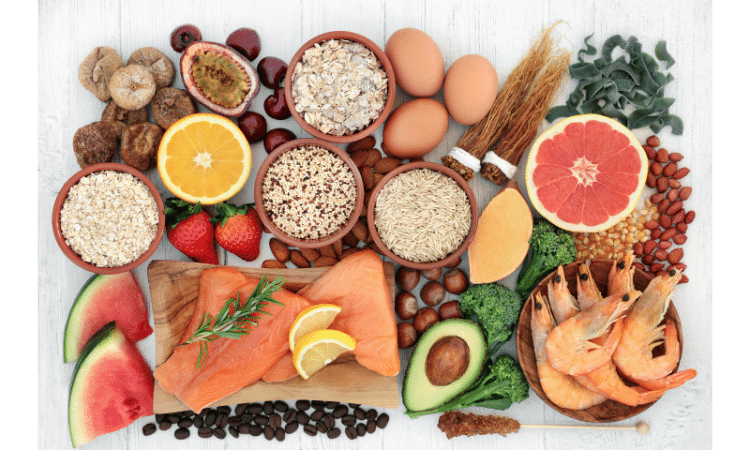
- Examples of nutrient-dense foods include leafy greens, nuts, seeds, and fatty fish. These foods are high in calories, vitamins, and minerals and can help nourish the body. Eating nutrient-dense foods can help ensure that you are getting the energy and nutrients your body needs, even when your appetite is low.
- Some other examples of nutrient-dense foods include lentils, beans, sweet potatoes, avocados, and berries. These foods are packed with nutrients and can help you stay healthy and strong, even when your appetite is low.
C. Foods to avoid: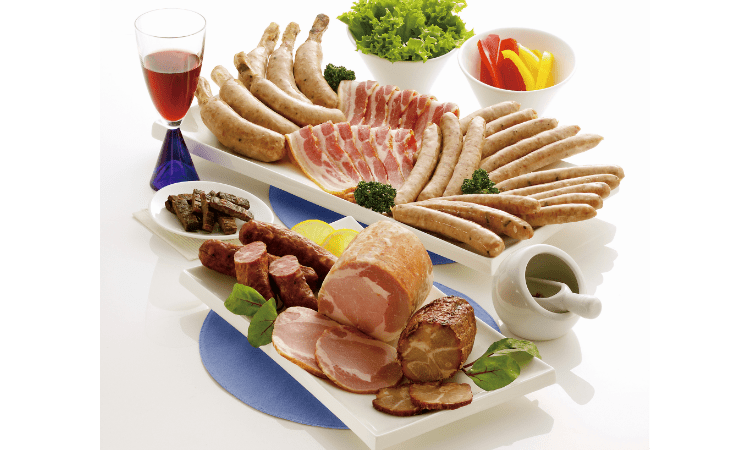
- Examples of foods that can worsen symptoms include processed foods, spicy foods, and high-fat foods. Processed foods are often high in salt, sugar, and artificial ingredients, which can make symptoms worse. Spicy foods can be hard on the stomach and can cause nausea, while high-fat foods can be difficult to digest.
- It is important to make informed food choices when you have no appetite, as certain foods can make symptoms worse. Consult with a healthcare professional or a registered dietitian for personalized recommendations. Additionally, you should avoid Alcohol, Caffeine, and Nicotine as they can dehydrate you and suppress your appetite even more.
It is important to note that everyone’s body is different and what works for one person may not work for another. It is always recommended to speak with a healthcare professional or a registered dietitian for personalized recommendations.
How to Eat When You Have No Appetite
A. Strategies for increasing appetite

- Tips for making mealtime more appealing:
- Experiment with different cooking methods and seasonings to make foods more flavorful
- Try to make meals visually appealing by using different colors and textures
- Eating foods with strong flavors can also help stimulate your appetite. For example, a strong-flavored food like garlic or ginger can help wake up your taste buds and make it easier to eat.
- Make sure to eat in a comfortable and relaxing environment
- Consider eating smaller, more frequent meals throughout the day instead of large meals
- How to make eating more enjoyable:
- Listen to music or watch a favorite show while eating
- Use pleasant smelling candles or diffusers to create a relaxing atmosphere
- Eat with loved ones or friends
- Try new foods and flavors to keep things interesting
B. Coping with nausea and vomiting
- Foods that can help alleviate nausea:
- Cold or room-temperature foods are often easier to tolerate than hot foods
- Bland foods such as crackers, rice, or toast may help
- Sipping on ginger tea or ginger ale may also help
- Try eating small, frequent meals throughout the day instead of large meals
- How to manage nausea and vomiting while eating:
- Try to eat slowly and take small bites
- Avoid strong odors or flavors that may trigger nausea
- Relax and take deep breaths before and during meals
C. Coping with diarrhea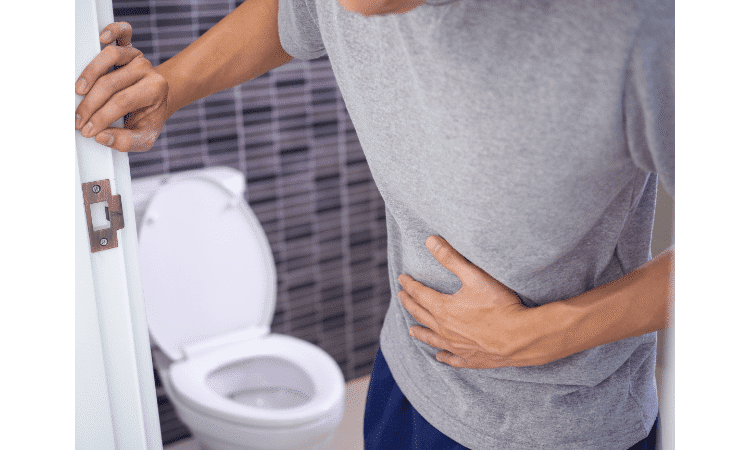
- Foods that can help alleviate diarrhea:
- Bananas, rice, applesauce, and toast (BRAT) diet is often recommended
- Avoiding foods that may irritate the stomach such as caffeine, alcohol, and spicy or fatty foods
- Drinking clear fluids such as water, broth, or clear juice to stay hydrated
- How to manage diarrhea while eating:
- Try to eat small, frequent meals throughout the day instead of large meals
- Avoid foods that may irritate the stomach
- Drink fluids between meals, rather than with meals, to help prevent diarrhea
D. Setting small and achievable goals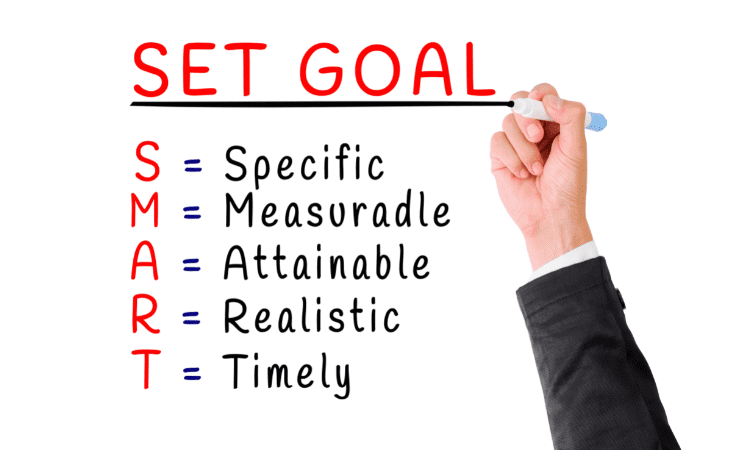
- Starting with small portions and gradually increasing:
- Begin with small amounts of food and gradually increase as tolerated
- Try to eat at least three small meals a day
- Incorporating nutrient-dense foods into meals:
- Focus on eating nutrient-dense foods that provide the most nutrients per calorie, such as leafy greens, berries, and lean proteins
E. Creating a comfortable and conducive eating environment
- Choosing a comfortable place to eat:
- Eat in a quiet and comfortable place, free from distractions
- Sit in a comfortable chair with a good posture
- Avoiding distractions during mealtime:
- Turn off the television and put away your phone during mealtime to avoid distractions
F. Finding support and guidance
- Seeking advice from a healthcare professional:
- Consult with a healthcare professional, such as a dietitian, to create a personalized plan tailored to your specific needs
- If there is an underlying medical condition, speak with your doctor about treatment options
- Joining support groups for individuals with similar experiences:
- Join online support groups or in-person groups for individuals who are also dealing with the loss of appetite. This can provide a sense of community and understanding, as well as practical tips for coping with the condition.
It’s important to remember that everyone’s body and experiences are different, and what works for one person may not work for another. But by experimenting with different strategies, foods, and environments, you can find what works best for you. Additionally, seeking guidance from healthcare professionals can help you find a plan that is tailored to your specific needs.
Special Considerations
A. Hepatitis B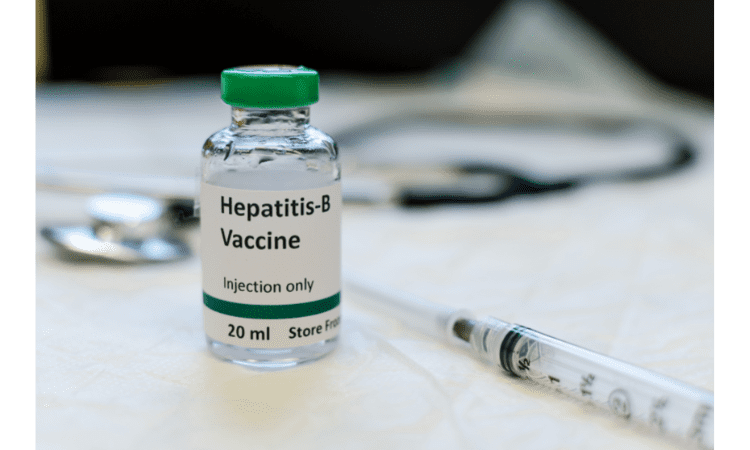
- How hepatitis B can affect appetite
- Foods to avoid with hepatitis B
- As hepatitis B is a liver infection, it is important to avoid foods that are high in sodium and saturated fats as they can put an additional strain on the liver. Alcohol should also be avoided.
- Eating small, frequent meals throughout the day can be easier on the liver than large meals.
Eating foods that are high in protein such as lean meats, fish, eggs, and legumes can help support liver function.
B. Pregnancy
- How pregnancy can affect appetite
- Special considerations for pregnant women with loss of appetite
- Pregnancy can cause changes in hormones and digestion which can affect appetite. It is important to maintain a healthy diet for both the mother and the baby.
- Eating small, frequent meals throughout the day can be easier on the stomach than large meals.
- Avoiding foods that are high in fat and sugar can help reduce morning sickness.
- Pregnant women should also consult with a healthcare provider before taking any supplements or making drastic changes to their diet.
C. When to seek medical help
-If loss of appetite is accompanied by significant weight loss, persistent nausea or vomiting, abdominal pain, or other concerning symptoms, it is important to seek medical attention.
-It is also important to seek medical attention if loss of appetite is prolonged or accompanied by changes in mood or mental health.
- If a person is pregnant and experiencing loss of appetite along with other symptoms, it is important to seek medical attention immediately.
Conclusion
A. Recap of key points
- Loss of appetite can be caused by a variety of factors, including sickness, depression and anxiety, and pregnancy.
- Eating easy-to-digest foods, foods that are high in nutrients, and avoiding foods that can worsen symptoms can help improve appetite.
- Strategies such as making mealtime more appealing and coping with nausea and diarrhea can also help when trying to eat with no appetite.
- Special considerations such as hepatitis B and pregnancy should be taken into account when making food choices.
B. Importance of addressing underlying causes of loss of appetite
- It is important to address the underlying cause of loss of appetite in order to effectively improve it. For example, if depression or anxiety is the cause, seeking help from a mental health professional is crucial.
- Without addressing the underlying cause, simply trying to eat more may not be effective in improving appetite.
C. Encouragement to seek help if needed
- If you are experiencing a prolonged loss of appetite or are unable to improve your appetite with the strategies outlined in this article, it is important to seek help from a healthcare professional.
- They will be able to provide more personalized and targeted advice and may also be able to identify any underlying health issues that need to be addressed.
D. Call to action for readers to share their own tips and experiences with loss of appetite.
- We would love to hear from our readers about their own tips and experiences with loss of appetite.
- If you have any advice or strategies that have worked for you, please share them in the comments section below. Your input can help others who are struggling with the same issue.











